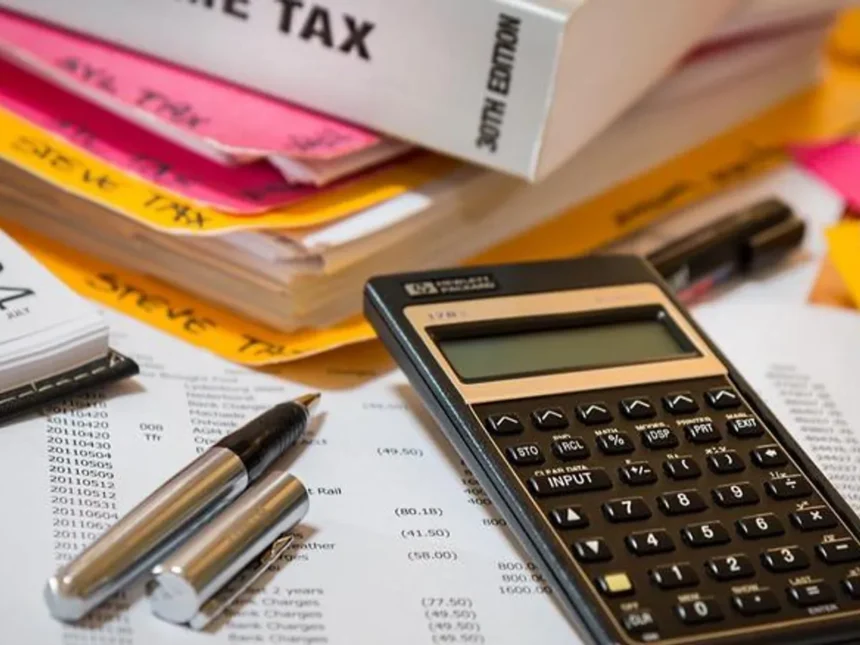The Excise department of the Delhi government has experienced a substantial increase in its revenue during the first quarter of the fiscal year 2023-24, according to official data. The department’s earnings from excise duty and value added tax (VAT) amounted to nearly Rs 1,700 crore during this period. This positive growth follows the successful performance of the department in the previous fiscal year, during which it generated an impressive Rs 6,821 crore in revenue by selling over 62 crore bottles of liquor.
Expanding Revenues: The revenue generated by the Excise department in the previous fiscal year included Rs 5,548.48 crore as excise duty and Rs 1,272.52 crore as value added tax. These figures highlight the significant contribution of liquor sales to the overall revenue. The department remains optimistic about its future prospects, projecting further growth in the coming months, especially with the addition of more liquor shops across the region.
Positive Impact of Additional Liquor Shops: With the opening of more liquor shops, the Excise department expects a boost in its revenue collection. The move to expand the number of outlets aims to meet the increasing demand for alcoholic beverages in the capital city. As consumers gain easier access to liquor, the department anticipates a subsequent rise in sales, resulting in a greater influx of revenue. This development aligns with the government’s strategy to facilitate the growth of the excise sector.
Meeting Consumer Demand: The decision to open more liquor shops reflects the government’s responsiveness to consumer demands. By providing greater accessibility to liquor products, the authorities aim to cater to the preferences of the populace. It is anticipated that the availability of liquor in close proximity to residential areas will reduce the inconvenience faced by customers who previously had to travel longer distances to purchase alcoholic beverages. This move aligns with the government’s efforts to streamline the distribution of liquor while ensuring compliance with regulations.
Economic Implications: The significant revenue generated by the Excise department plays a vital role in bolstering the economy of Delhi. The funds collected through excise duty and VAT contribute to various developmental initiatives undertaken by the government. These initiatives encompass a wide range of sectors, including infrastructure, healthcare, education, and welfare programs. The consistent growth in revenue is a positive sign for the state’s financial stability and enables the government to continue investing in key areas for the benefit of its citizens.
Regulatory Measures: While the growth of the excise sector brings economic benefits, it is important to maintain a balance between expansion and regulation. The Excise department is responsible for ensuring that the sale and consumption of liquor adhere to the necessary guidelines and legal frameworks. Stringent monitoring and enforcement measures are implemented to curb any potential misuse or illegal activities associated with alcohol. The government remains committed to striking a balance between revenue generation and responsible governance.
Conclusion: The Excise department of the Delhi government has experienced a noteworthy increase in revenue during the first quarter of the fiscal year 2023-24. With earnings amounting to nearly Rs 1,700 crore from excise duty and VAT, the department’s performance continues to contribute significantly to the region’s economy. The anticipation of further revenue growth in the coming months, facilitated by the opening of additional liquor shops, showcases the government’s commitment to meeting consumer demands while ensuring regulatory compliance. As the Excise department continues to strike a balance between revenue generation and responsible governance, the future looks promising for both the department and the citizens of Delhi.









